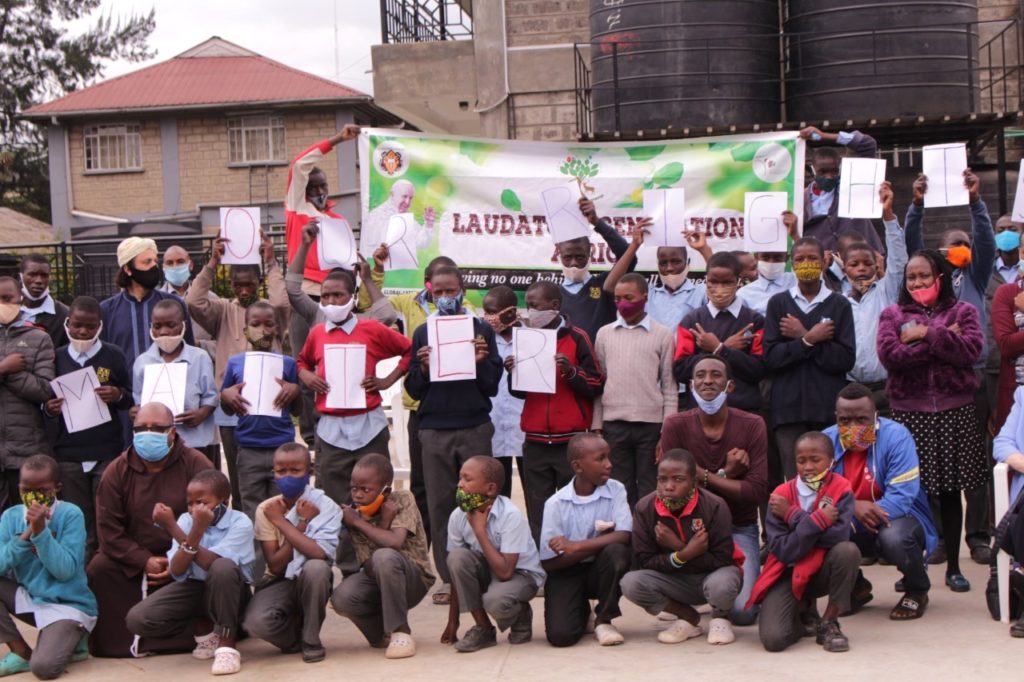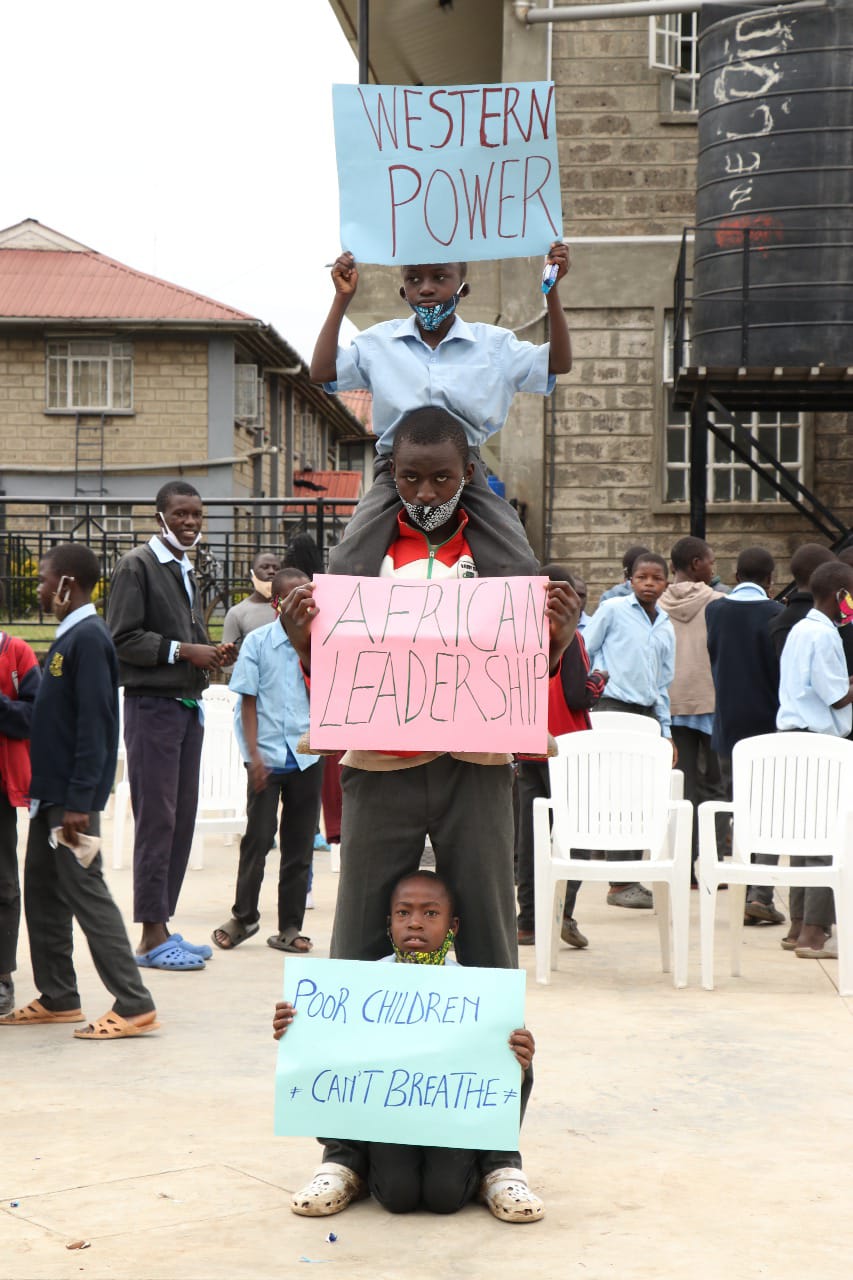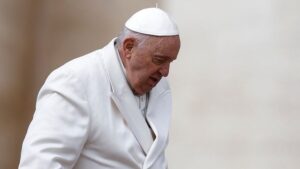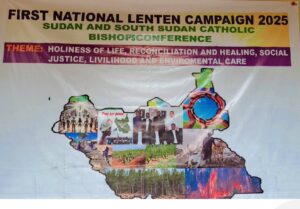KENYA: Concern for Vulnerable Child During Pandemic Highlighted on International Day of African Child

African Child Day
Sr. Jecinter Antoinette Okoth, FSSA
The commemoration of International Day of African Child on Tuesday, June 16, focused on concern for each other during the Covid-19 pandemic, especially the children who are voiceless.
“Let us be our brother’s keeper,” Secretary General of Nature Nurture Club of Catholic University of Eastern Africa (CUEA) Ms. Ashley Kitisya said in a virtual zoom meeting attended by approximately 70 participants from across African countries, Europe and America.
“People in our society especially in Africa should be more vigilant and protect children from violence especially now that we are facing this pandemic,” Ms. Kitisya highlighted adding that “There is increase in gender based-violence, sexual violence, early pregnancies, forced labor, child trafficking, early marriages and increased cases of Female Genital Mutilation.”
Ms. Kitisya urged the participants to speak out when they see children suffering so as to save their lives since children are voiceless. “And since they are not going to school right now, they are experiencing some culture-based abuses influenced by the elders who still hold on to their traditional practices.”
Convened under the theme “Children’s Right and Black Lives Matter,” the Justice Peace and Integrity of Creation Franciscans Africa (JPICFA) Program Manager Steven Kezamutima told AMECEA Online that the annual event was connected to Pope Francis’ encyclical letter Laudato Si and climate Justice.
“We must learn to value the cultures of one another but also to heal the wrongs and injustices that have been done to the marginalized, and vulnerable people,” Mr. Kezamutima said as he explained the connection between the event’ theme to and Laudato Si’.
 “This means recognizing the value and the dignity of all people of colour, especially children; recognizing that people of different countries and cultures especially in the global south can offer solutions to the ecological crisis in front of us, hence the need to learn from one another,” he added.
“This means recognizing the value and the dignity of all people of colour, especially children; recognizing that people of different countries and cultures especially in the global south can offer solutions to the ecological crisis in front of us, hence the need to learn from one another,” he added.
Mr. Kezamutima who was the organizer and moderator of the event further stated, “Acknowledging the African roots of black people, and black children, regardless of where they are in the world, is especially important on this international day of the African child. We must do what we can to care for the physical, mental, and spiritual health of black children, in Africa.”
To mark the International Day of African Child, the conveners of the day in partnership with CUEA, JPICFA and the Global Catholic Climate Movement (GCCM) Africa visited two children’s homes that give care to former street children.
“Boys from these children’s homes (the Global Hope Rescue and Rehabilitation Centre and Mary Immaculate Children home) benefited from some charity items collected from some communities of the Franciscans brothers and sisters,” Mr. Kezamutima disclosed.
“The visit to the homes also had an interfaith aspect as Muslims also brought some contribution to the program,” JPICFA Program Manager added.
“We must work together to find new, creative ways to bring people of different backgrounds together to work for common goals of health, wellness, sustainability, education, peace, and celebration of cultures,” he said.


